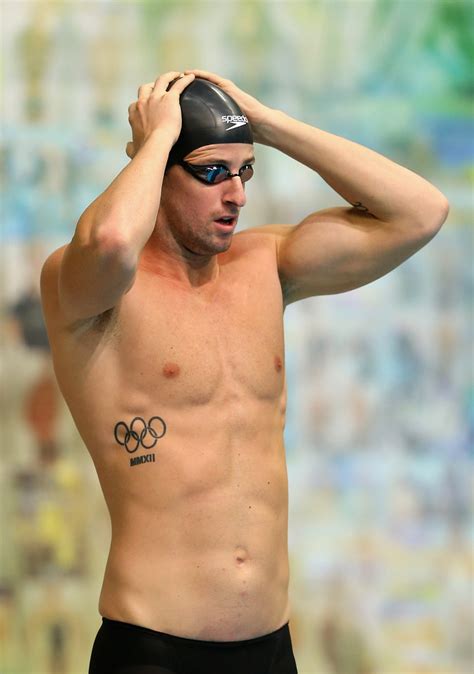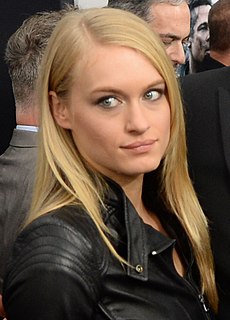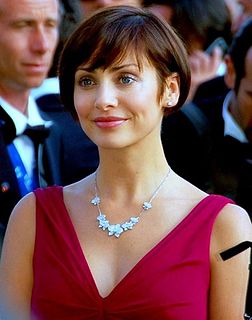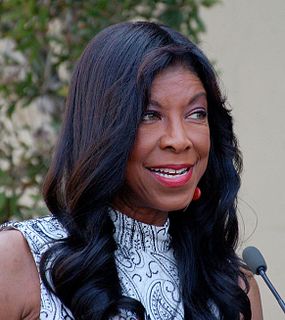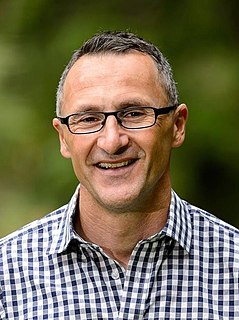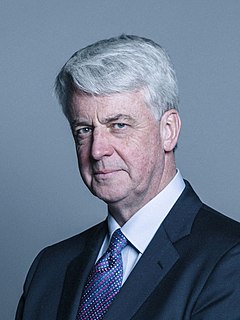A Quote by James Magnussen
It can be seen as 'weak' to complain about health issues or worry about your health. But with younger guys, I think it's just a case of it being a secondary thought. We live pretty busy lifestyles these days. People have got work and social lives, and they party and spend a lot of time doing other things, and health just takes a backseat in a lot of cases. That's just the way a lot of people seem to live their lives.
Related Quotes
I spent a lot of time, a lot of energy trying to be a better artist and I still [do]. I spend a lot of time focusing on my craft. If you're going to take your passion into something beyond just something for fun on the side, you got to spend a lot of time on it to be great, and then you've got to make smart decisions about who you collaborate with [and] where you live [to] put yourself in the right situations to meet the right people to catch those breaks.
I work a lot, and I prepare a lot. I think that's really important when you live in LA, to go the extra mile for whatever it is that you're trying to achieve. You realize out here that when you stop moving so fast, it's a lot harder than you thought. A lot of hard work has to go into your career, and preparation, and being your best at all times. I think you just have to always present yourself at your best, and you just need to be prepared all the time. Looking good, and feeling good, and being positive, and being in the right set of mind to accept whatever comes your way.
I think that the risk to all the progress we've made was at stake in the election because not just the president-elect but a lot of members of Congress, including now the Speaker of the House and the Senate majority leader, have said that their principal agenda was to undo a lot of this progress. But as I've been talking about over the last several days when it comes to health care, the gains that we've made are there. Twenty million people have health insurance that didn't have it before. The uninsured rate is the lowest it's ever been.
I think it's really easy for people to point out hypocrisy in people's lives. It's like yeah, I get on planes a lot, and I drank from a plastic water bottle today - you know what I'm saying? A lot of people would just be like, "Oh, you're a hypocrite. You live in an ecovillage for a month, and then you fly around the world to talk about a movie." Don't think that I don't think about those things! Don't think that that's not, like, a quandary in my life. It can be a pretty intense ethical dilemma. I think it's about figuring out, you know, navigating life.
That eating should be foremost about bodily health is a relatively new and, I think, destructive idea-destructive not just the pleasure of eating, which would be bad enough, but paradoxically of our health as well. Indeed, no people on earth worry more about the health consequences of their food choices than we Americans-and no people suffer from as many diet-related problems. We are becoming a nation of orthorexics: people with an unhealthy obsession with healthy eating.
I've obviously come from a health background. I was a doctor before I became a pollie and one of the things I'd like to do is to really build on the world-class health system we've got. I'm passionate about climate change because it's also a health issue. Things like extreme weather impact on people's health, the ability of our hospitals to cope, the impact on mental health, on farmers in regional areas - they're all serious health concerns.
I really think people are greatly stimulated and enriched by experiencing in film just as we can from novels and other art, experiencing things that resonate with what our lives are about. I think people really want to know... want to share, want to have the stimulus to think and care about the way they live their lives, the way they relate to other people, their aspirations, their hopes, et cetera.
